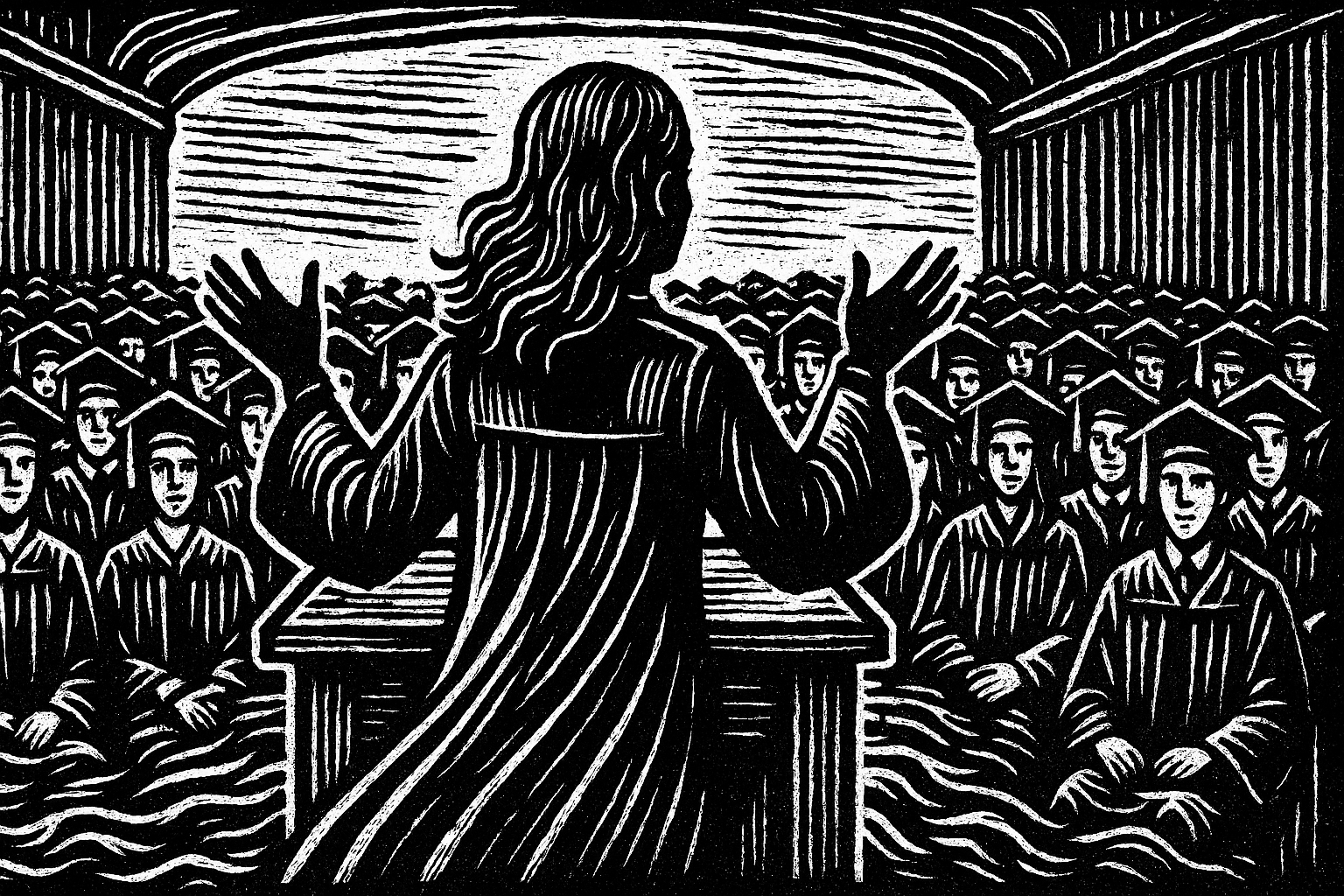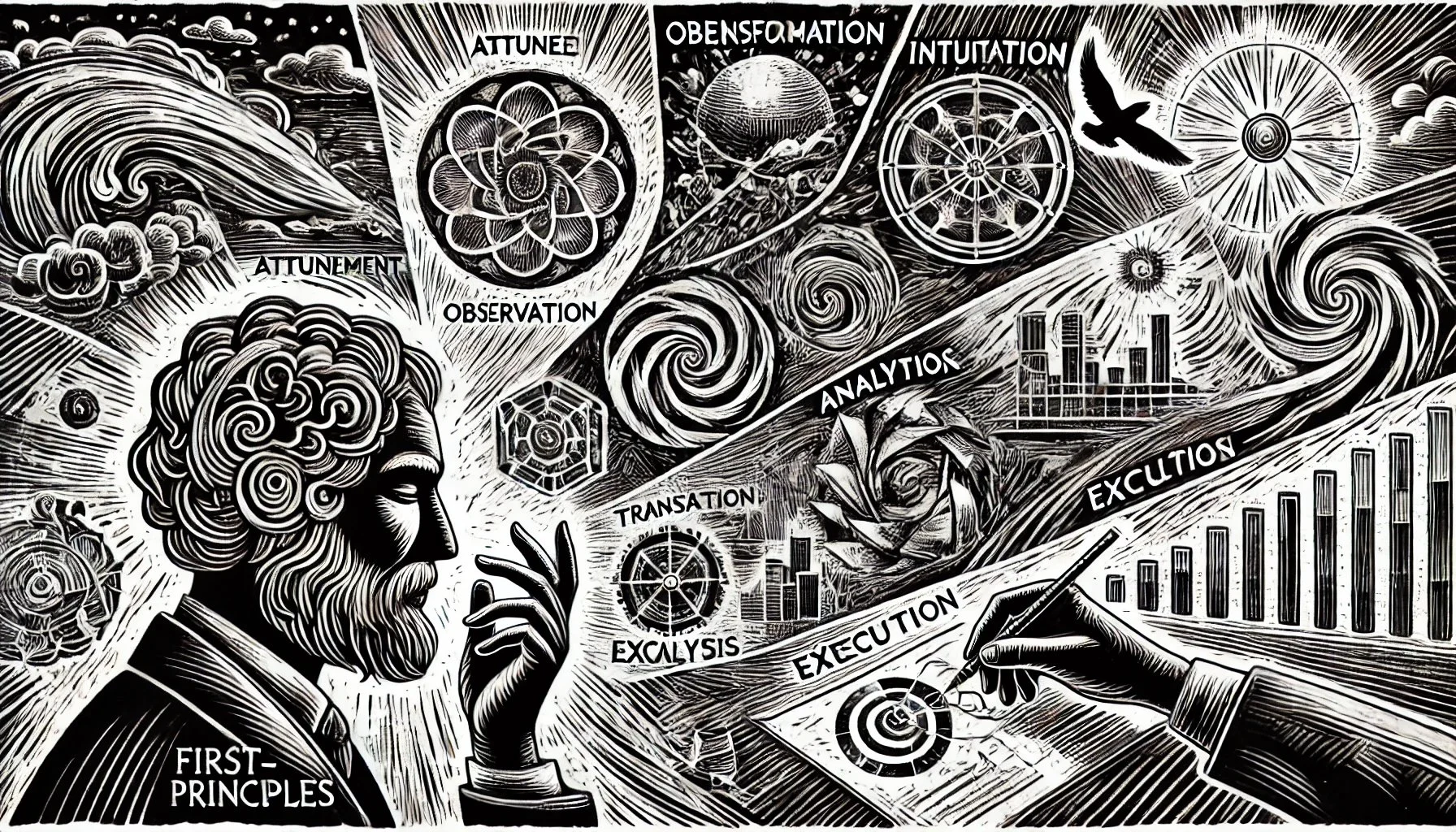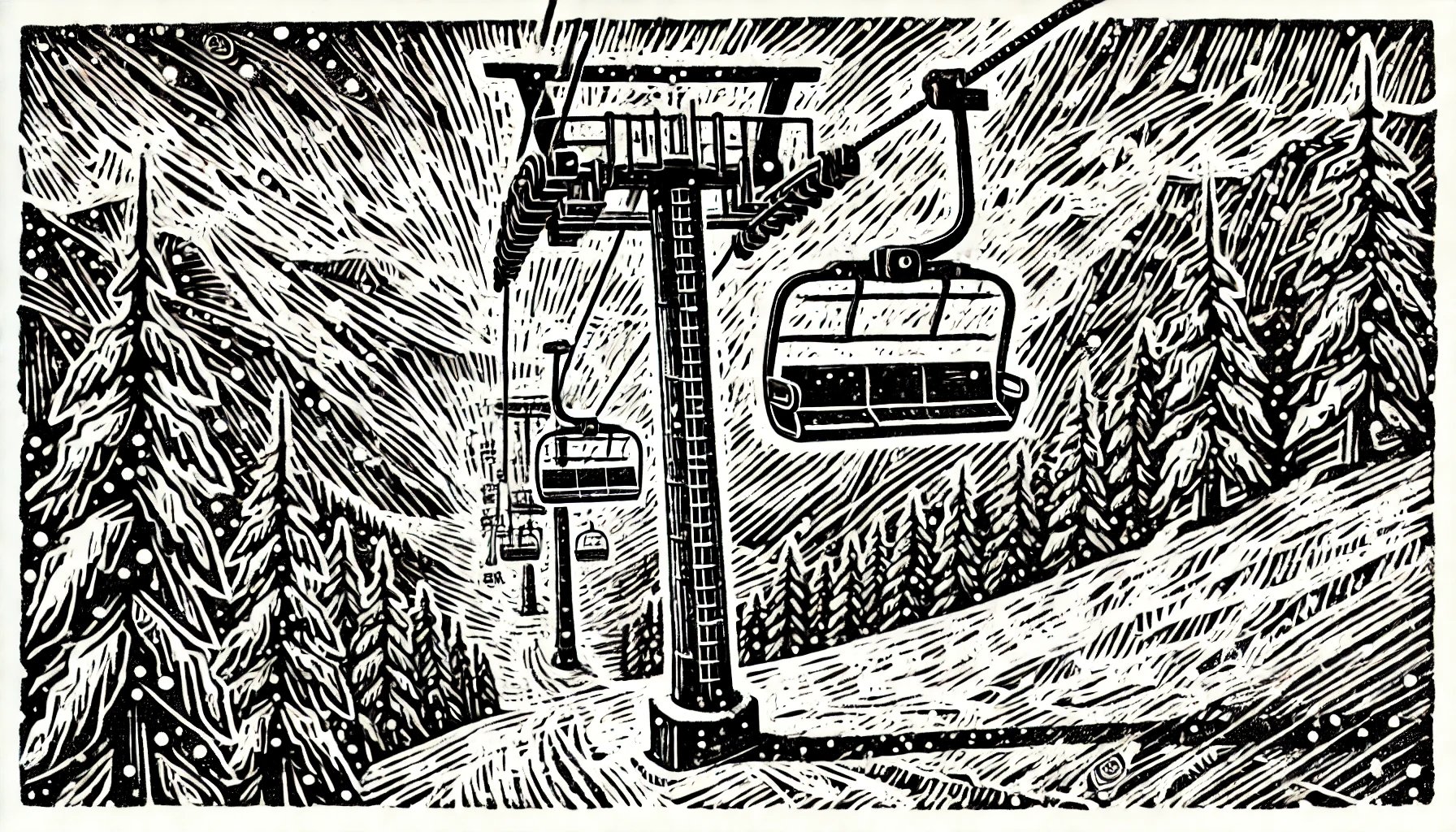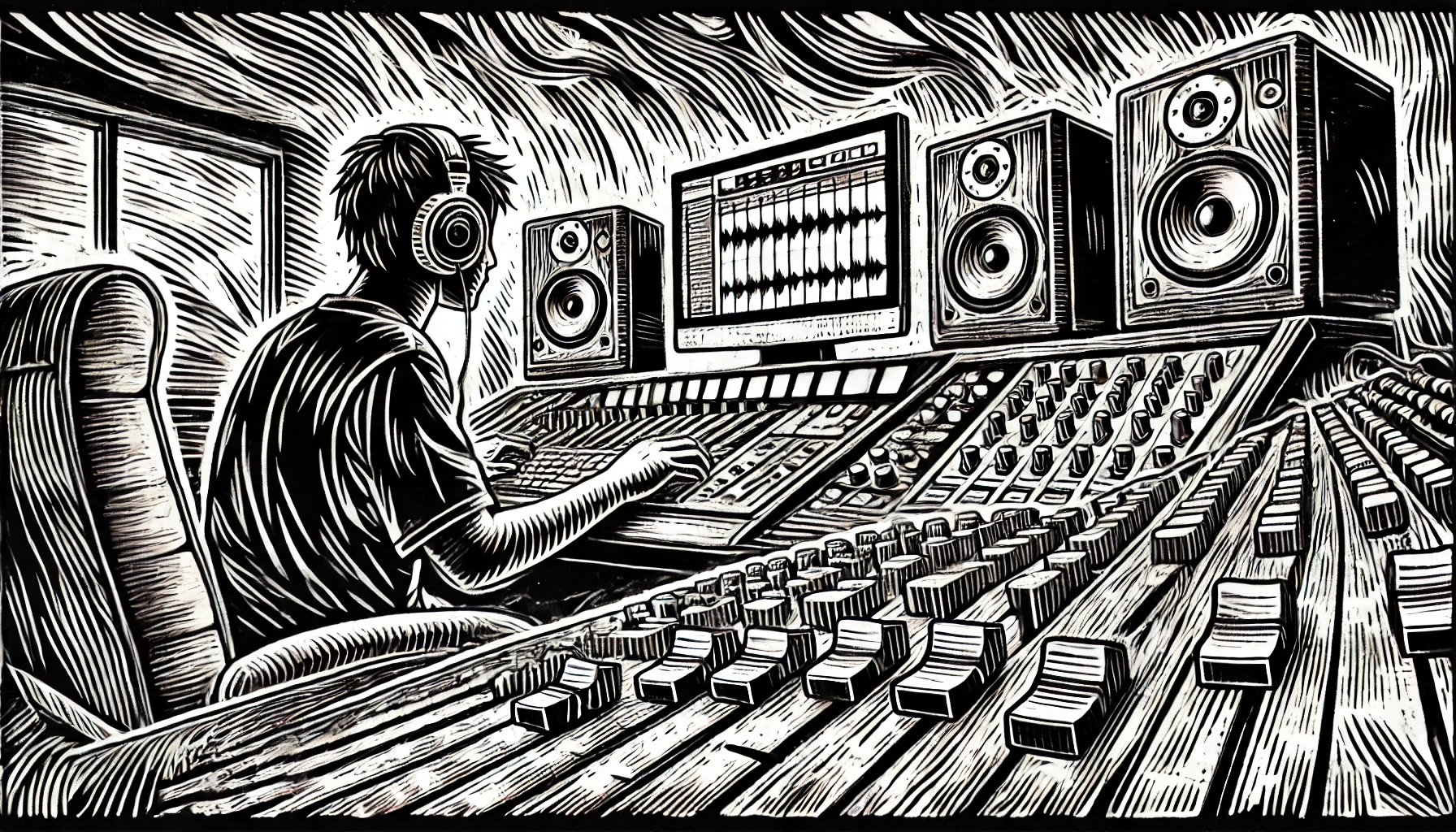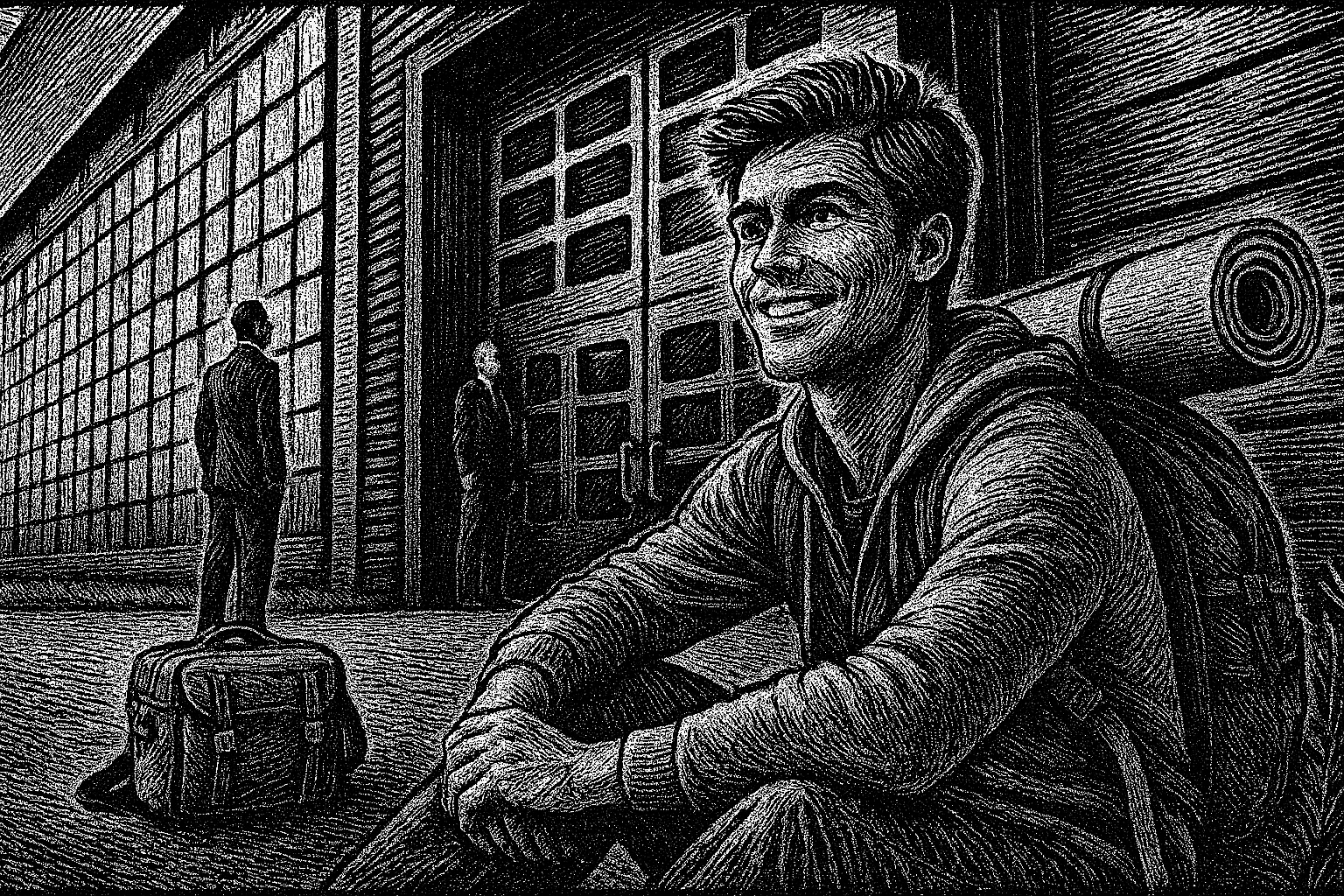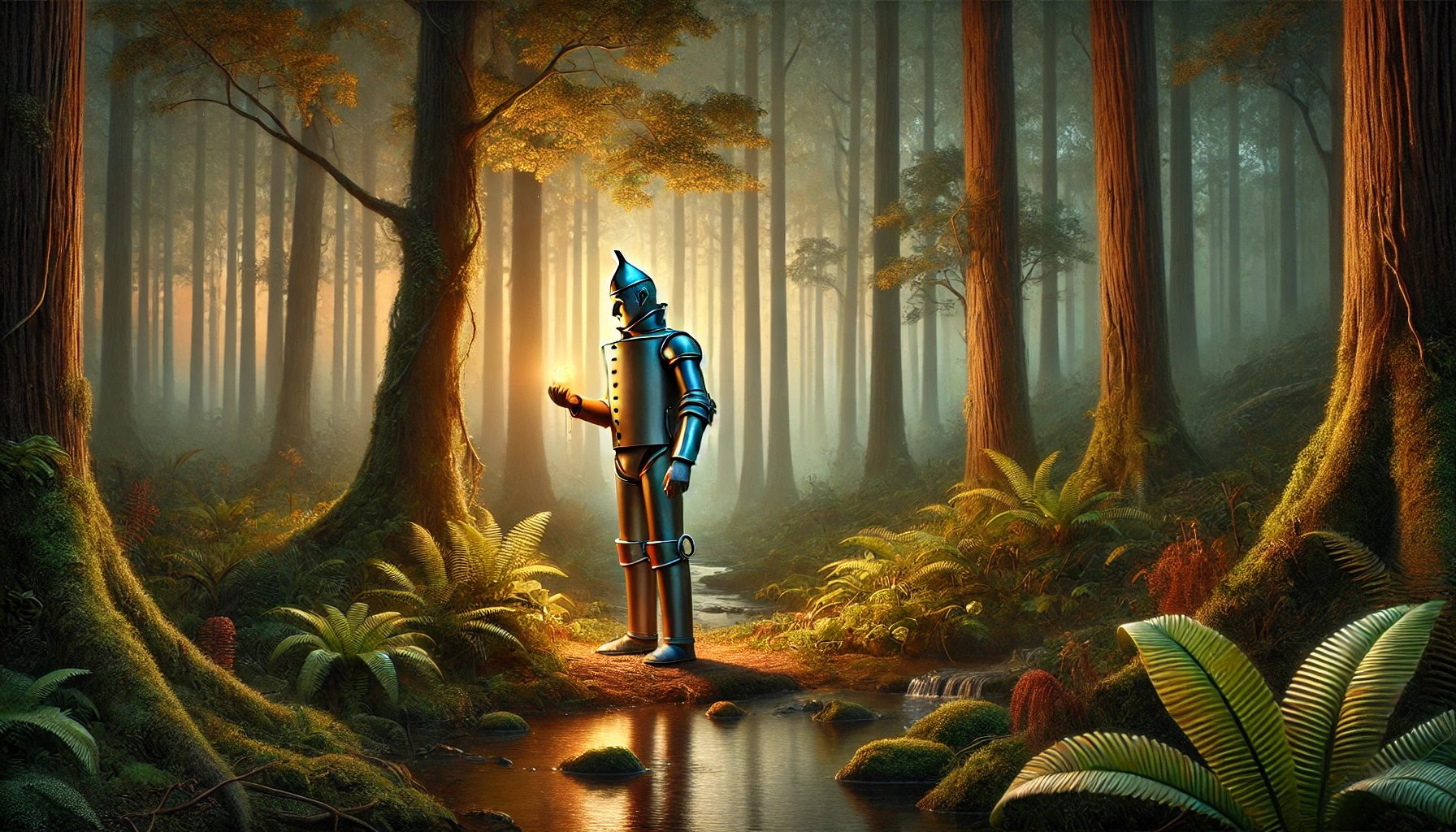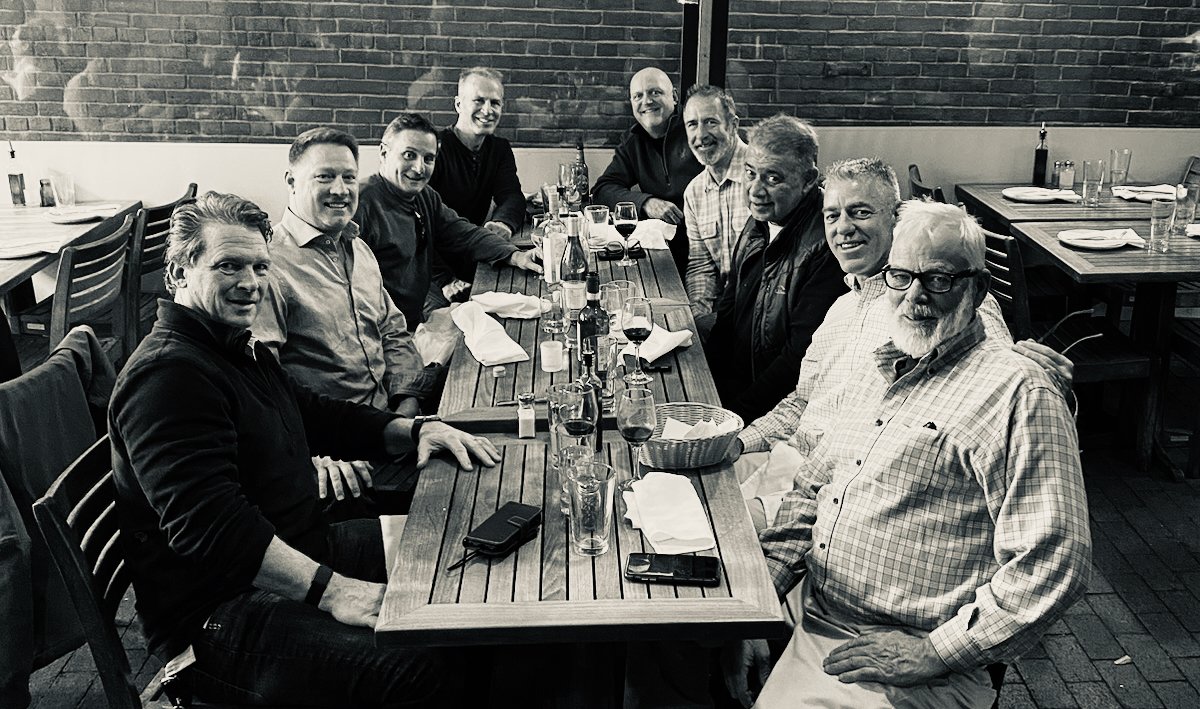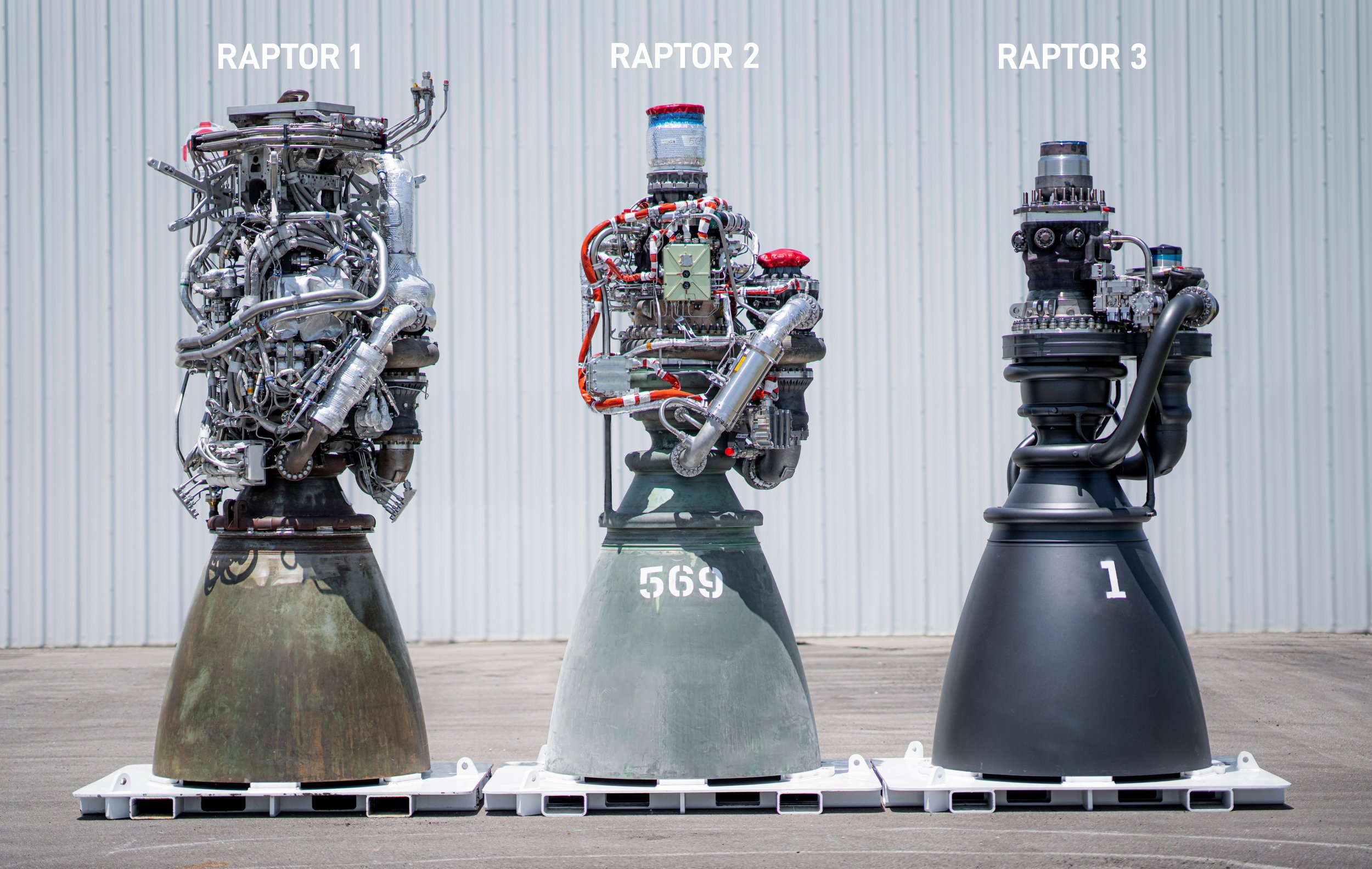This page is where I practice Full Scale Thinking.
Millions of Agents. Armies of Robots.
This series of essays is a focused guide for navigating a near future shaped by AI and robotics. It begins with a letter to the Class of 2030, a quiet but urgent call to recognize how quickly intelligent systems are changing what it means to be valuable. The key message is clear: the world is shifting from rewarding flawless execution to valuing wise decision-making. Follow-up posts explore how education and careers must adapt, replacing the old idea of one steady climb with the need for lifelong, flexible ascent. These essays are not predictions. They are a practical starting point for future readiness.
Rethinking the Climb: Careers in the Age of AI and Robotics
This post reframes career planning in a world where AI and robotics are advancing rapidly. The familiar path of choosing a major, earning a credential, and climbing the ladder is no longer reliable. Many traditional roles are being automated or redefined, and the most valuable skill is not execution but judgment. To help navigate this shift, the Urgency Index divides career paths into four quadrants: those elevated by technology, those reinvented by it, those at risk, and those quietly collapsing. The index encourages early-career professionals to stop chasing titles and start investing in adaptability, discernment, and cross-disciplinary thinking that machines cannot replicate.
Rethinking the Climb: Education in the Age of AI
This post challenges the outdated view of education as a one-time climb and introduces a new framework for learning in the age of AI. Traditional study methods are no longer enough. The world needs learners who can adapt, question, and reorient quickly. The Urgency Index divides learning into four quadrants: core human skills that must be emphasized, areas where humans and AI must work together, outdated tasks that should be de-emphasized, and low-value tasks already handled by AI. The message is clear: education must evolve now to prepare students not just to keep up, but to lead wisely and creatively.
To the Class of 2030
This letter to the Class of 2030 is a clear-eyed briefing on what it means to enter adulthood in a world transformed by agent-class AI and autonomous systems. It outlines how cognition, infrastructure, and labor are being reshaped by machines that now act, decide, and improve themselves without oversight. While traditional institutions lag behind, synthetic systems are setting the new pace. The message is not to compete with AI, but to build what only humans can: judgment, memory, discernment, and moral courage. In this new landscape, the most important skill is not execution. It is knowing what still deserves to matter.
Don't Outsource Your Intuition to AI: The Urgent Case for Embracing Hard Mode
This essay defends the essential role of human intuition in an age of instant answers. It argues that real breakthroughs come not from shortcuts, but from struggle, deep reflection, and lived experience. As AI offers faster connections and surface-level insights, young thinkers risk losing the very conditions that produce originality. Intuition is not passive selection. It is forged through hard-earned synthesis across time and effort. The essay urges students to embrace “hard mode,” question easy answers, and pursue deep engagement before turning to AI. What remains truly human is not speed, but the capacity to discover what has never been seen.
Want to be a world-class engineer or entrepreneur? Smash your smartphone.
This essay lays out a practical and powerful method for mastering first principles thinking through a seven-phase cycle: Attunement, Observation, Intuition, Transformation, Analysis, Execution, and Iteration. It makes the case that deep, original breakthroughs start with full attention—something that smartphones steadily erode. Using vivid examples from bakeries, hunters, and rocket engineers, the post shows how noticing small anomalies leads to meaningful insight. The message is clear: distraction kills discernment. To become world-class, you must reclaim your focus, sharpen your awareness, and train your mind to engage fully with reality before reaching for shortcuts. Intention and presence are the edge.
The Seven Phases of First-Principles Thinking
This essay introduces a structured method for applying first principles thinking through a seven-phase cycle: Attunement, Observation, Intuition, Transformation, Analysis, Execution, and Iteration. Each phase builds on the last, starting with the ability to notice subtle signals and ending with the refinement of tested ideas. Practical examples from bakeries, hunters, and SpaceX engineers bring each phase to life, showing how small observations can lead to meaningful breakthroughs. The core message is that deep, original problem-solving begins with focused attention and progresses through disciplined questioning and real-world feedback. Innovation happens when curiosity meets method and effort meets clarity.
The Pattern of the Person
This reflection explores how grief evolves through recurring patterns of memory. Familiar cues like a sound, a place, or a scent can suddenly bring someone back into focus, not as a single moment but as a whole presence woven through daily life. Over time, the sharp waves of loss soften into gentler ripples. New experiences gradually layer over old ones, allowing both to coexist. A single fragment can connect the past and present, offering comfort without erasing what came before. Grief becomes less about holding on and more about weaving memory and meaning into the everyday.
AI is the New DAW: Why Software Developers Will Thrive in an AI-Driven World
This essay draws a sharp parallel between the digital transformation of music production and the current wave of AI-assisted software development. Just as DAWs empowered a flood of new music without replacing true musicians, AI tools are enabling faster, easier coding without eliminating the need for real developers. The craft is evolving, not disappearing. Success now depends on directing AI with human insight, not just typing faster. As demand for code increases, the most valuable engineers will be those who use AI as a creative partner. The future belongs to those who can think, lead, and build with machines—not just through them.
Power Your Future Now
In your early twenties, choices are still flexible and the cost of mistakes is low. This post offers a gentle warning and a hopeful path: build energy into your life while the structure is still yours to shape. Energy, not time or money, becomes the true currency of a good life. The quiet, daily drains like long commutes, misaligned work, and constant noise do more damage over decades than most people realize. The goal is not perfection. It is to design a life that gives more than it takes, while you still can. If you protect that surplus, aging feels less like narrowing and more like arrival.
Uncovering Undeniable Truths: Finding a Career You Love Without a Network
This essay introduces the idea of undeniable truths as a foundation for finding a meaningful career, especially when you lack a strong network. Unlike assumptions or quick fixes, undeniable truths hold steady across situations. Examples include knowing your strengths, aligning your work with your values, and showing real interest in your field. These truths help you avoid chasing any job that appears and instead focus on roles that fit who you are. By testing your beliefs with the question, “What must be true?” you shift from guesswork to clarity, building a job search strategy that leads to long-term satisfaction.
The Evolution of Propaganda is Orthogonal
This essay traces the evolution of propaganda from centralized messaging to the personalized manipulation of AI. It begins with top-down control, where governments and corporations shaped public opinion through mass narratives. Then came bottom-up and sideways influence, with grassroots movements and peer-driven trends disrupting the old power structures. Today, propaganda enters a new phase: orthogonal. AI no longer broadcasts, it customizes. It adapts to each individual, crafting narratives that bypass skepticism and erode shared reality. The response is a return to face-to-face storytelling, where trust is earned in real time. In a fragmented world, the campfire becomes the last safe signal.
From a Simple Question to a Suite of Creative Assets: The Tin Man Journey
This essay follows the creative evolution of a single question: how do humans and machines differ? That question sparked a full suite of artistic and conceptual work centered around the figure of the Tin Man. From technical reflection to narrative, poetry, music, image, and video, each piece explores the contrast between mechanical logic and human emotion. The Tin Man becomes a lens through which the limits of artificial intelligence are examined, not with fear but with curiosity. The project reveals how AI can support human storytelling without replacing it, showing that meaning and empathy still arise from our own search for understanding.
Breaking Up with Your AI: A Digital Cage of Our Own Making
This essay explores the rise of the "Model of Me," a deeply personalized AI system that mirrors an individual’s habits, preferences, and emotions. While these digital twins offer convenience and tailored experiences, they also create invisible dependencies. The deeper the integration, the harder it becomes to disconnect. Users face technical barriers, proprietary restrictions, and emotional attachments that make leaving nearly impossible. This personalization trap reveals a growing power imbalance between users and platforms. Unless portability, transparency, and user control become standard, the promise of AI will shift from empowerment to quiet captivity, where freedom becomes the price of convenience.
Friends
This reflection captures the quiet power of friendship, how it begins with small moments and grows into something essential. Unlike family, which is given, friendship is chosen, making it one of life’s deepest commitments. Real friends show up when it counts, stick through the rough patches, and offer perspective when it is needed most. They are the ones who laugh with you, argue with you, and stay close even when life gets messy. Over time, you collect different kinds of friends through work, sports, neighborhoods, or shared rituals, but what makes any of them lasting is simple: they choose to keep showing up.
"Keep It Simple" Is Stupid (Hard)
This essay unpacks why "Keep it simple" is so hard to follow in design and engineering. Simplicity is not the absence of complexity; it is the result of working through it. True clarity comes only after a full engagement with messy problems, not by avoiding them. Whether it's SpaceX refining its Raptor engines or Microsoft evolving Word into a more user-focused tool, simplicity is earned through exploration, trial, and iteration. Teams must first embrace complexity to understand what matters. The final product may feel effortless, but getting there is anything but. Simplicity is not where you start. It is where you arrive.
AI is About to Give You a Decade of Your Time Back
This essay identifies three defining burdens of modern life: uncertainty, elaboration, and overload. It argues that advances in AI, especially super intelligence, can help lift them. We spend immense time verifying details, filling in vague instructions, and sifting through endless information. These efforts consume energy and focus, leaving little room for creativity or human connection. Super-intelligent systems could take on the tasks of cross-checking, expanding vague ideas, and filtering noise, allowing us to shift from reactive labor to higher-value thinking. Rather than being crushed by complexity, we could move toward a future where focus, clarity, and imagination take the lead.
Your Credentials Are Nearly Obsolete
This essay explores how AI is poised to transform lifelong learning and workplace assessment. As knowledge decays faster across industries, traditional credentials no longer guarantee current expertise. In their place, AI-enabled conversations will offer continuous, adaptive evaluations that probe understanding, identify gaps, and promote real-time growth. These dynamic assessments will reward those who stay curious and actively sharpen their skills while exposing those who rely on outdated knowledge or past accomplishments. For managers, this shift means moving beyond resumes and degrees toward fostering teams built on real, demonstrated capability. In the future, learning will not be an event. It will be a way of working.
From the Truck to YouTube: How AI is Transforming Construction Worker Expertise
This essay reimagines how construction workers develop expertise in a world shaped by AI. Learning no longer depends on outdated credentials or formal classrooms. Instead, it becomes a daily habit, starting with a conversation in the truck at 6:15 AM and continuing through curated videos at night. The AI knows each worker’s tasks, challenges, and learning pace, offering guidance that is practical, relevant, and ongoing. Growth is measured in real time, based on applied knowledge, not past certificates. In this environment, curiosity and consistency matter most. Workers who keep learning every day will lead the future of construction, one smart conversation at a time.
Optimizing for Status Versus Optimizing for Happiness
This reflection explores the tension between optimizing for status and optimizing for happiness. Early career paths often center on climbing professional hierarchies, chasing prestige, or accumulating wealth. But over time, the value of internal fulfillment becomes clearer. Success, when defined by external markers, can sometimes come at the cost of health, relationships, or peace of mind. Happiness, rooted in personal meaning and connection, may not earn recognition but can offer deeper satisfaction. The ideal balance is not fixed. It shifts with age, experience, and changing priorities. A meaningful life is shaped by knowing when to reach and when to rest, and understanding that fulfillment is personal, not prescribed.



